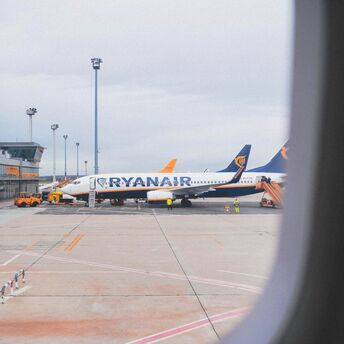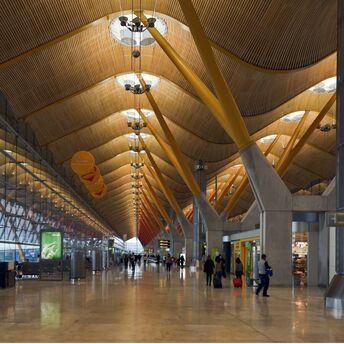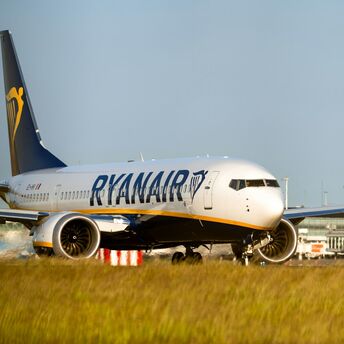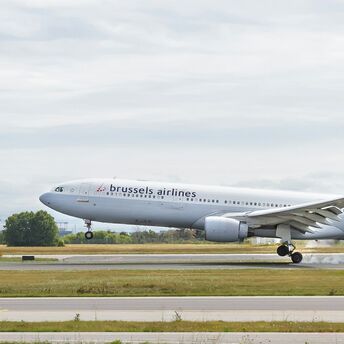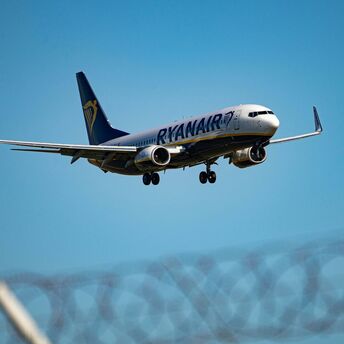Europe's Airports on the Brink of a Hydrogen Revolution
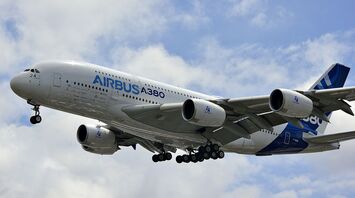
In a significant leap toward sustainable aviation, the GOLIAT (Ground Operations of Liquid Hydrogen Aircraft) project has been launched, spearheaded by Airbus and supported by an international consortium, including academic and industry leaders across Europe. This initiative is set to demonstrate the practical use of liquid hydrogen (LH2) in ground operations at three major European airports.
Funded with a €10.8 million grant from the EU’s Horizon Europe Framework Programme, GOLIAT spans four years, marking a crucial phase in the aviation industry's shift towards decarbonization. The project’s primary focus is on integrating high-flow LH2 handling and refueling technologies at airports, positioning hydrogen as a key player in the future of eco-friendly air travel.
Partnerships have been formed with notable entities such as Chart Industries, TU Delft, and several European airports including Stuttgart, Rotterdam The Hague, and Budapest Airport. Together, these partners aim to enhance LH2 transportation and energy storage solutions, vital for reducing the aviation sector's carbon footprint.
The initiative reflects a growing commitment to hydrogen in mobility, particularly for short- and medium-haul aviation routes. By showcasing small-scale LH2 aircraft operations, GOLIAT intends to lay the groundwork for the widespread adoption of hydrogen as a sustainable fuel option, which is essential for meeting Europe’s ambitious energy independence and climate goals.
This pioneering project not only promises to decrease greenhouse gas emissions but also seeks to tackle the challenges of infrastructure, safety, and technology associated with hydrogen fuel. As Europe moves towards greener aviation, the successful implementation of GOLIAT could revolutionize airport operations, making air travel more sustainable for future generations.




